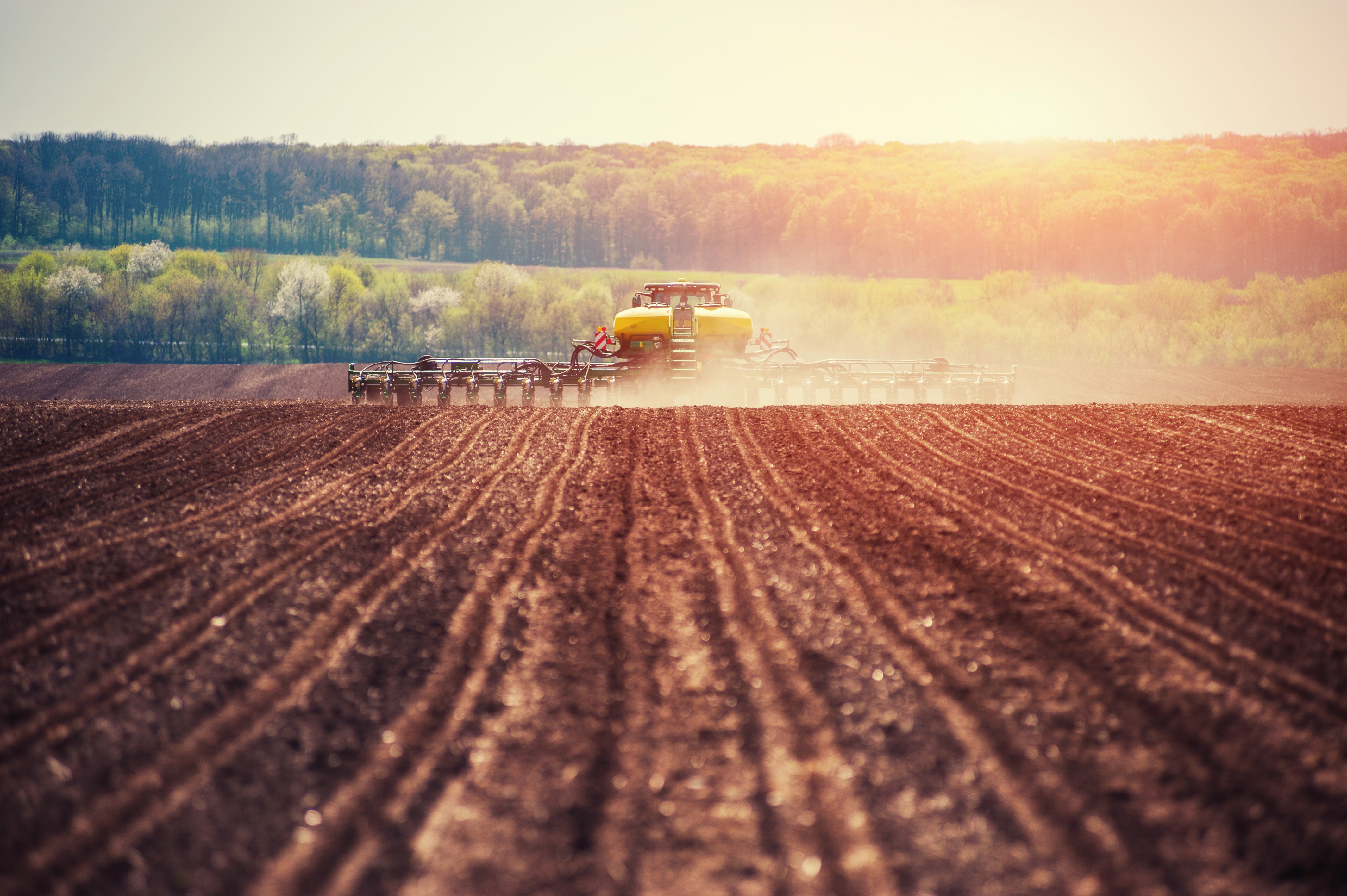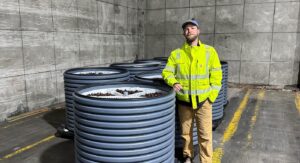A rising chorus of investors and stakeholders, along with some farmers, are beginning to spread the message that the health of the soil is just as important as the health of the plants growing in it.
“In comparison to its importance, we have mostly ignored soil for centuries and are only just now starting to understand the biology of it,” said Bill Buckner, president and CEO of the Noble Foundation to AgFunderNews last year.
In honor of Earth Day, here are six startups working to improve the health of soil on farms and off. Soil health is a term with as much grey area as “sustainability” — both are commonly expressed goals without clear, universal definitions. But the Soil Health Institute, created by the Noble Foundation, offers some clarity in describing its mission as safeguarding and enhancing “the vitality and productivity of soil.”
This list includes startups that are working to positively improve the inherent nutrient content of soil and those looking to remove harmful substances or diseases from it. Perhaps conspicuously absent from this list are companies creating biological crop inputs — a type of ag biotech innovation generally believed to be less negatively impactful on soil health, but according to Buckner, the jury is still out on that. Therefore, biologicals are only included on this list if they have an expressed purpose of improving soil health.
With low commodity prices leaving farmers little room for trying new things, these startups have even more incentive to develop technologies that benefit farm ecology and economics in equal measure.
EFC Systems’ AgSolver – United States
Founded in 2014, a partnership between farm management software startup AgSolver, the National Corn Grower’s Association, and the Soil Health Insitute created software to measure the sustainability of farming operations. The partnership was established to quantify the environmental and economic impact of practices such as cover crops, nutrient management, and reduced tillage – all of which are believed to positively impact soil health. AgSolver’s assets were acquired by EFC Systems in 2017, but the program persists. As of October 2017, the players had enrolled more than 4,000 acres, seeking to study the relationship between sustainable farming and economic success.
Cool Planet – United States
Cool Planet is a biocarbon producer, which has earned a USDA Certified Biobased Product Label. Produced from non-food biomass and a variety of feedstocks in a process called biomass pyrolysis, CoolTerra is applied to soil at a variety of different stages depending on the crop. It has a range of benefits such as a highly porous medium, which acts like a sponge retaining water and nutrients at the root zone. Its pore structure and chemistry also provide surfaces where beneficial soil microbes can attach and flourish. CoolTerra also has carbon sequestering properties. Every ton of CoolTerra placed in the soil sequesters three tons of atmospheric carbon, according to the company.
Land Life Company – The Netherlands
Land Life Company is a startup hoping to regenerate degraded soil. The company makes Cocoon, a low-cost, biodegradable product in which trees can grow autonomously without irrigation. The Cocoon allows the trees to grow in soil that would otherwise not be conducive to growth and as it breaks down provides healthy microorganism life and an environment around the tree that is healthier for plant life due to the introduction of shade and increased water retention in the soil among other factors. Land Life has run forestry projects in Mexico, China, the West Bank, Chile, and Zambia among others.
MicroGen Biotech – Ireland
MicroGen Biotech is a microbial crop input and soil remediation platform. The company’s flagship technology Constructed Functional Microbiome produces microbial products for increasing crop yields and soil health with the goal of food safety. The company’s target market is China because many areas of China have soil contaminated with heavy metals like cadmium. Though Micron Biotech microbes benefit crop yield as well, their primary markets are ones where soil health is compromised to such an extent that the crops would otherwise contain unsafe quantities of harmful substances like cadmium.
Trace Genomics – United States
Trace Genomics makes a microbiome test for soil pathogens in strawberry and lettuce farming. Before launching its service, which many compare to human DNA testing kit 23andMe, Trace Genomics completed trials on strawberry and lettuce farms in California. The soil testing kit also allows farmers to gauge the health and productivity of their soil before they begin planting, allowing optimization of inputs and yields. The product is intended to help farmers make cost-saving decisions about the types of treatments to apply to their soil or even which crops to plant.
Wanda Organic – Kenya
Wanda Organic is a Kenyan start-up providing organic bio-fertilizers to small and medium-sized farmers in order to improve their soil health and yields. Clients can order products by sending a simple SMS with their phone. Wanda says that its products improve soil organic matter, increase nutrient turnover, increase disease tolerance facilitate soil stability, and break down pesticide and herbicide residues.





